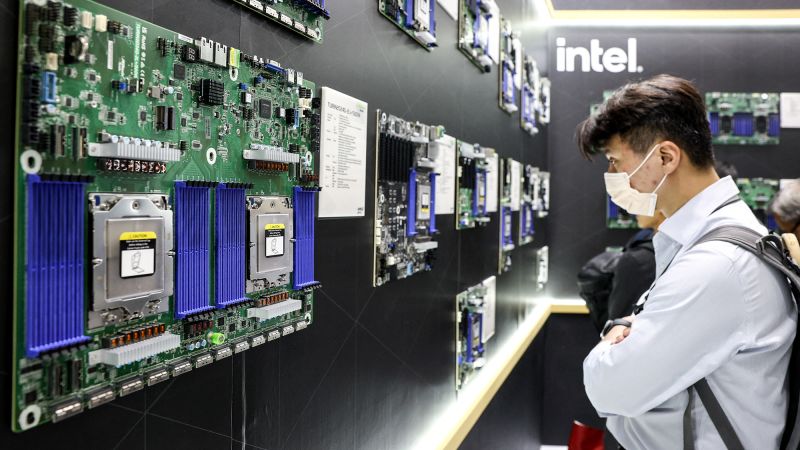Apple Unleashes AI Power to Developers: A Major Shift for iOS, macOS & Beyond

Cupertino, CA – In a surprising and potentially transformative move, Apple announced at its annual Worldwide Developers Conference (WWDC) on Monday that it will be opening up its core AI technology to developers. This marks a significant shift for the company, traditionally known for tightly controlling its software and hardware ecosystem. Coupled with this announcement was a comprehensive overhaul of its operating systems – iOS, macOS, watchOS, and tvOS – signaling a renewed focus on artificial intelligence and user experience.
The unveiling of Apple Intelligence, the company’s new AI framework, was a central theme of the conference. While Apple Intelligence will be deeply integrated into its own products, the decision to provide developers access to the underlying technology is expected to spark a wave of innovation across the Apple ecosystem. Developers will be able to leverage Apple’s advanced AI capabilities to build new features and functionalities into their apps, potentially revolutionizing how users interact with their devices.
What's Changing in the Operating Systems?
The OS updates themselves are substantial. iOS 18, macOS Sequoia, watchOS 11, and tvOS 17 are all packed with new features, many of which are powered by Apple Intelligence. Key highlights include:
- Enhanced Siri: Siri is receiving a major upgrade, becoming more conversational and capable of understanding complex requests. It will be deeply integrated with apps, allowing for more natural and intuitive interactions.
- Intelligent App Suggestions: The operating systems will leverage AI to provide more relevant and personalized app suggestions based on user behavior and context.
- Personalized Home Screen: iOS 18 introduces a redesigned Home Screen with AI-powered widgets and customizable layouts, allowing users to tailor their experience like never before.
- Improved Productivity Tools: macOS Sequoia features enhanced productivity tools, including smarter search capabilities and improved collaboration features.
- Advanced Health and Fitness Tracking: watchOS 11 builds upon Apple’s existing health and fitness tracking capabilities with new metrics and insights.
A Measured Approach to AI
While the announcements were significant, the overall tone of WWDC leaned towards incremental improvements rather than a radical overhaul. This reflects Apple’s cautious and deliberate approach to AI, prioritizing privacy and user control. The company emphasized that Apple Intelligence will be designed to enhance, not replace, human interaction, and that user data will remain private and secure.
Impact and Future Outlook
The decision to open up Apple’s AI technology to developers is a game-changer. It positions Apple to compete more effectively with rivals like Google and Microsoft in the rapidly evolving AI landscape. The developer community is buzzing with excitement, eager to explore the possibilities of leveraging Apple’s AI capabilities. We can expect to see a flood of innovative new apps and features in the coming months, transforming the Apple experience and solidifying the company’s position as a leader in the mobile and computing industries. This move signals a new era for Apple, one where AI is not just a feature, but a fundamental building block of its ecosystem.






